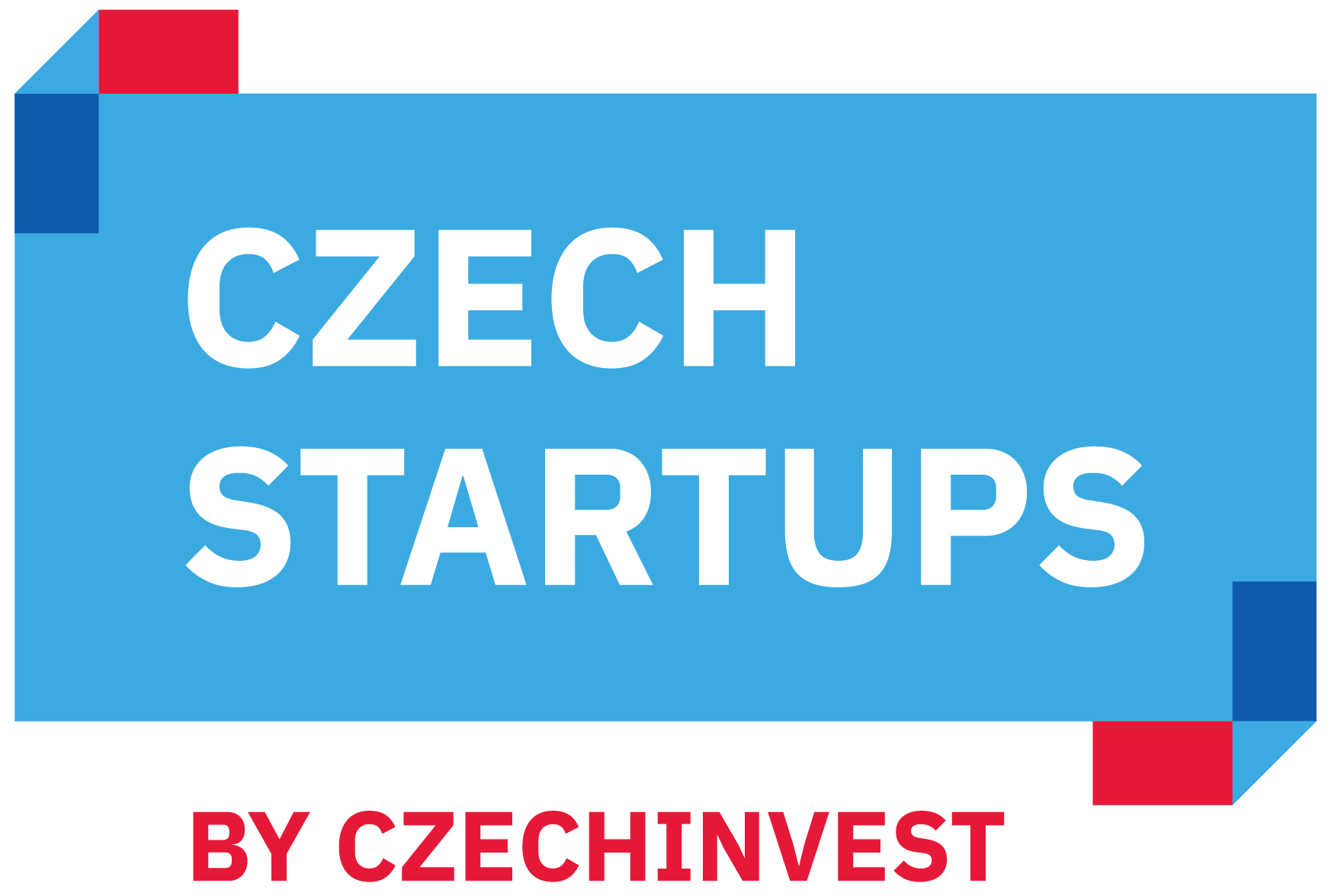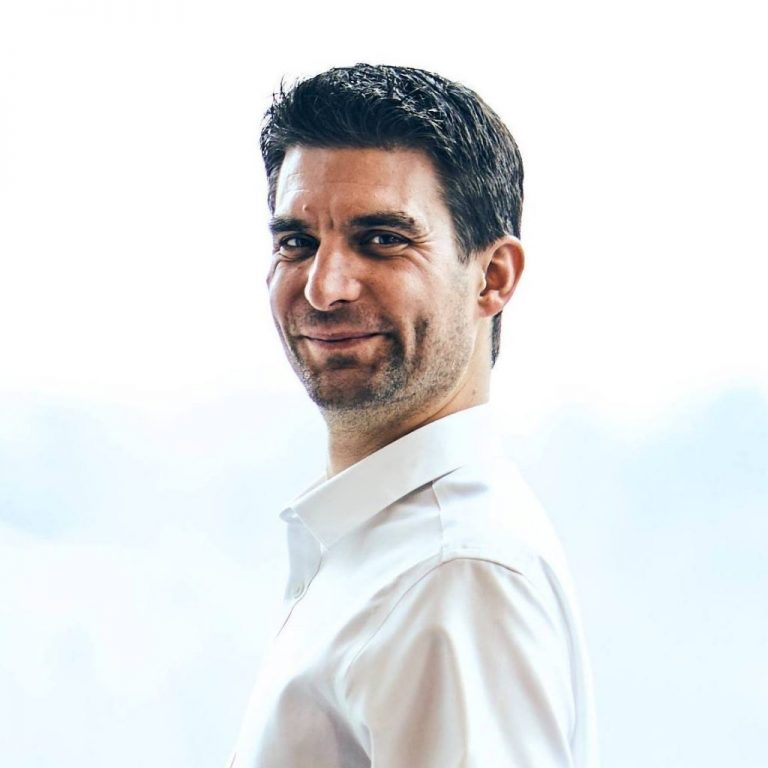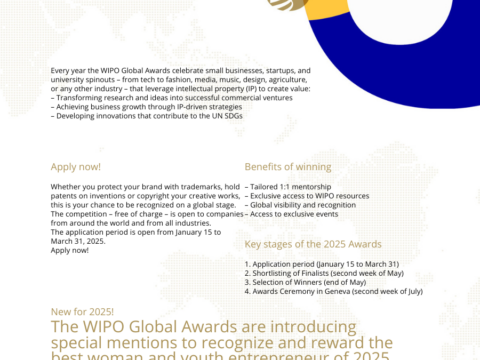Martin Rozhoň has experienced so many things in his life that others would need several lifetimes to do. In his 41 years, he has built up the billion-koruna company Vivantis, in the course of which he burnt out three times, yet was always able to overcome everything with his tenacity and keep going. Then one day he said to himself that he would change his life and wanted to focus his time and energy on a different direction. After 18 years, he sold Vivantis and his life took a 180-degree turn.
Among investors, Martin is very original and does not fully fit the standard definition of a business-angel investor. He says that he must first personally get to know every founder of the given startup, be a part of its dealings, work and cycle, and only then can he decide whether the project makes sense and “resonates” with him. He doesn’t conceal the fact that, often after several months (or even half a year) spent helping a startup, he simply did not invest in it and walked away. He sees that one of the problems of the current investment environment from the perspective of startups is that startups themselves do not know exactly what they want. An investment is a long-term, demanding and, mainly, legal process that requires attention. He has already invested in 18 startup projects. The portfolio of startups in which Martin Rozhoň has invested includes, for example, Snuggs period underwear, the Scuk community farmers’ market, psychotherapy via Hedepy video-calling, Celostní medicína comprising an informational website and a medical clinic based on natural and alternative medicine, and the Startupyard technology accelerator for startups. Investment by a single investor in nearly twenty startup projects is unique in the Czech Republic as well as abroad.
If he were starting from scratch today, would he take the same path? What surprised him as a startup judge at CzechInvest? What from the past three years is he proud of? Where do startup founders make the biggest mistake? Have a seat, make yourself comfortable and enjoy this interview as much as we did.
Martin, you are known for investing in startups that have “good karma” and spending a long time with them before deciding whether or not to invest in them. What is the main thing for you? Do you have your own strategic script according to which you conduct cooperation, or does a more casual course of action give you a deeper understanding of a startup?
Based on the submitted presentation, I decide in a matter of minutes if it makes sense for me to further engage with the startup and give it my attention. I thus filter out about 80% of projects that don’t interest me. However, I recommend some of them to other investors for whom they might be a good fit. If the problem the startup is solving resonates with me, I arrange a meeting or videoconference directly with the startup’s founders. During such meetings, which usually last an hour, I try to better understand their overall vision and strategy, while getting a feel for their personality. If for some reason I like a startup based on the first impression, we meet again and discuss the overall business in figures, where I try to comprehend their thinking and determine the startup’s ability to execute the given project in the context of the strategy and find out how they respond to unpleasant questions by pointing out weaknesses. And then there’s another meeting, where we go over in detail the fundamental issues that are important for the whole project’s success. Throughout the course of these meetings, which take place over several weeks, I repeatedly reassess the whole project and determine whether “energy is flowing” into the project or not. During the whole time, I also figure out if the founders and I are on the same wavelength and if I feel that I want to help them fulfil their vision. I’m still learning this intuitive method of picking startups based on feeling, but the initial real-world results indicate that it’s working well. It’s important for me to use my energy and money to support startups and founders who resonate with me – I enjoy that, it’s fulfilling and, at the same time, I’m very glad that these companies are successful and growing, and thus bringing value to their customers and owners.
If you were starting from scratch today, what kind of business would you go into? Would you do it all again? What areas are attractive to you for the future?
I left Vivantis only three years ago. I had a heavy workload there and I’m still recovering from that physically and mentally… 😊 Now it suits me that I don’t have 300 employees and a promissory note from the bank for CZK 150 million, and I don’t have to deal with the operations of a single project every day. The variety of the startup world and learning from a lot of interesting projects makes sense to me and greatly appeals to me.
If I were to start my own company again, it would have to be deeply fulfilling for me and I would have to feel like it’s my mission. Working mainly for the purpose of earning money is no longer my goal and I don’t want to set out on that path. 😊
However, I’ve been planning one non-commercial project for several years. I would like to build a regeneration centre for the body and mind in a soothing place in the country, where alternative medicine would be combined with personal development. It would also include an organic farm and family housing. I think the right time will come and I’ll find the right place for it.
A seemingly simple question – to expand or not to expand? If so, when is a startup ready for that?
Definitely YES, if the type of product allows it and the founder has the balls to do it. For most projects, I recommend developing and testing the product on the domestic market, which is familiar, and then start looking into foreign expansion. It’s not easy and it’s too tough for a lot of startups. I recommend talking a lot with successful startups, learning from their mistakes and adopting their best practices.
Within CzechInvest programmes, you have been involved in several assessment committees that select startups with the ambition to expand abroad or that are preparing to expand abroad. What do you look for when listening to a startup pitch that’s no longer than 15 minutes? What would you recommend to startups in terms of what they should focus on and what they should not in any case leave out of their presentations?
Fifteen minutes really isn’t much time – it’s necessary to focus on the most important things, present your vision and a clear strategy, how you plan to fulfil it and what you’ll need for that in individual phases. Show what you want to sell and to whom and why the client/customer would want to buy it from you. Which market and who you’re going to compete with and why you think you’ll be successful. It’s also important to present the path you’ve taken so far and with what results.
What is your view of angel investing in the Czech Republic? What should be changed/improved in order for more business angels – investors who invest their own capital in projects even in the early phases – to operate on the Czech market?
The whole startup ecosystem in the Czech Republic is still developing. There was nothing here just a few years ago; today, I’d say we’re at the halfway point compared to markets where startup investment has a long history. Further maturation and standardisation of the whole ecosystem lie ahead of us. Every month, new startups and investment funds are established and new business angels come along. The volume of investments in startups is growing rapidly. However, there is still a lack of education – startups needlessly repeat strategic mistakes that were committed by many others before them, they don’t know where and what kind of investor to look for, how much money to ask for, what conditions to sign or not sign with an investor, which could have the consequences of disillusionment and sometimes even the unnecessary end of a startup caused by a bad investment. Therefore, I decided to prepare a guidebook called “How to Get an Investor into a Startup”, which will shed more light on this area. I see similar problems in education among business angels who would like to invest, but they lack experience and are thus hindered by concerns and the tremendous time requirement of every investment.
We are reaching the end and, in conclusion, one final question to consider. What from the past three years are you proud of?
I’m proud of the fact that I’m doing what I enjoy and what fulfils me – I help the founders of startups with “good karma” fulfil their vision, which makes sense to me. I’m also proud that I always strive to ensure that our relationship is maximally beneficial for both parties – I don’t put one-sidedly unfavourable clauses into contracts for founders and I don’t pressure them into anything against their will. I strive to actively help them with everything I can. I have good, often very friendly relations with all of the founders in my startups and I believe that they would give me good references. Of no less importance, I’m proud of the fact that, even though standard investors would bemusedly and somewhat disdainfully say my methods are non-standard, the results of the companies I’ve invested in so far show that building relationships with startups brings economic success.
Thank you very much for your time, Martin. It’s been a pleasure. And good luck!
Thanks, and same to you.






